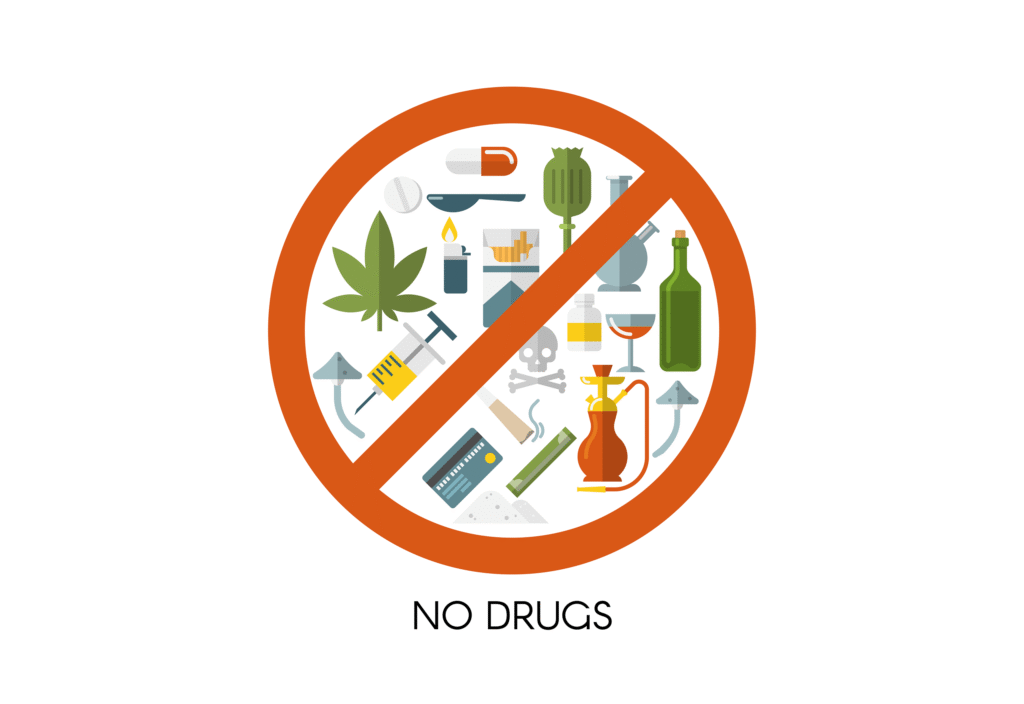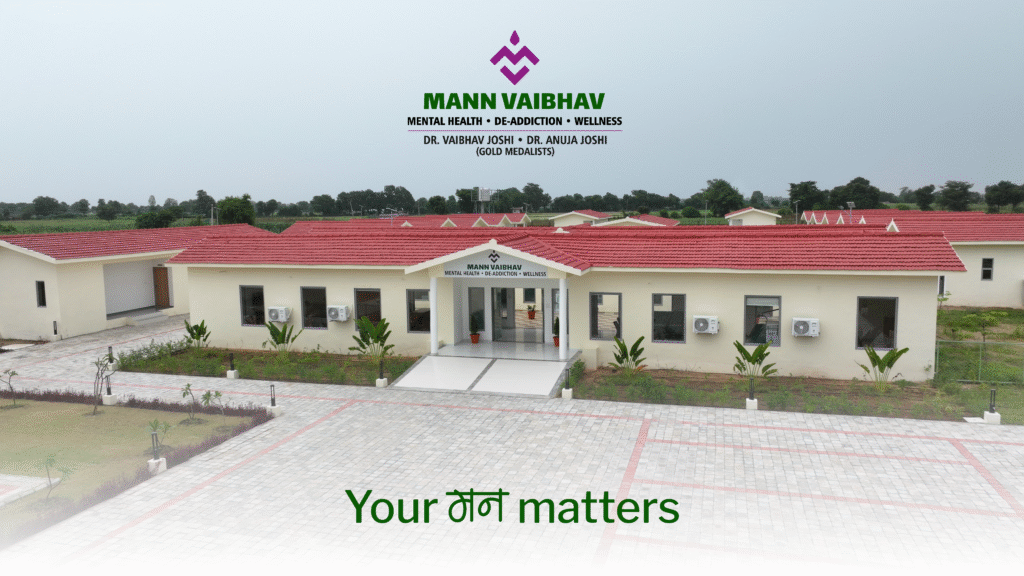5 Powerful Insights into a National Drug Dependence Treatment Centre

National Drug Dependence Treatment Centres in India: Role, Importance & Support for Families
Drug and substance abuse is a growing challenge in India, affecting millions of individuals and their families. Beyond physical health, addiction impacts mental well-being, careers, relationships, and social stability. Addressing this crisis requires structured treatment and professional guidance, which is where a national drug dependence treatment centre plays a crucial role. These centres, supported by government and medical institutions, are designed to provide comprehensive care for individuals battling addiction while also supporting their families through the recovery process.
What is a National Drug Dependence Treatment Centre?
A national drug dependence treatment centre is a specialized healthcare institution dedicated to the treatment, rehabilitation, and prevention of substance abuse. Unlike general hospitals, these centres focus exclusively on addressing drug and alcohol dependence through medical, psychological, and social support systems. They provide detoxification services, counseling, rehabilitation programs, and long-term recovery plans.
India’s national drug treatment centres often work under the supervision of leading institutes like the All India Institute of Medical Sciences (AIIMS) or similar government-backed initiatives. They not only treat patients but also conduct research, create awareness, and train professionals in addiction medicine. Their approach goes beyond treating the individual—it includes family support, community outreach, and relapse prevention.
5 Powerful Roles of a National Drug Dependence Treatment Centre
1. Providing Safe Medical Detoxification
The first step in overcoming addiction is detoxification—removing harmful substances from the body. Attempting detox at home can be dangerous due to severe withdrawal symptoms such as seizures, anxiety, or depression. A national drug dependence treatment centre provides a safe and medically supervised environment where detox is closely monitored by doctors and nurses. Medications may be used to ease withdrawal symptoms, ensuring that the process is as safe and comfortable as possible. This initial stage sets the foundation for long-term recovery.

2. Offering Counseling and Therapy Services
Addiction is not just a physical dependence—it is also deeply psychological. Counseling and therapy are therefore at the heart of treatment. National centres provide access to professional psychologists, psychiatrists, and trained counselors who help individuals address the root causes of addiction. Through techniques like cognitive behavioral therapy (CBT), motivational interviewing, and group counseling, patients learn to develop healthier coping mechanisms. Therapy also addresses co-occurring issues such as anxiety, depression, and trauma, which are often linked to substance abuse.
3. Supporting Families in Recovery
Addiction does not affect the individual alone; families often experience emotional, financial, and social stress. Recognizing this, a national drug dependence treatment centre involves families in the recovery journey. Family therapy sessions educate loved ones about addiction, equip them with strategies to provide support, and help them rebuild trust with the recovering individual. This family involvement is vital for long-term success because a strong support system at home can significantly reduce the risk of relapse and encourage sustained recovery.
4. Creating Awareness and Education Programs
Prevention is as important as treatment. National centres in India play a key role in spreading awareness about the dangers of drug abuse. They organize outreach campaigns, school workshops, and community awareness drives to educate people about early warning signs, the risks of addiction, and where to seek help. By removing the stigma surrounding substance use disorders, these initiatives encourage individuals to seek timely treatment rather than suffer in silence. Awareness programs also help families identify early signs of drug use and intervene before the situation escalates.
5. Building Long-Term Rehabilitation Plans
Recovery from addiction is not achieved in a few days—it is a lifelong process. A national drug dependence treatment centre ensures that patients are not only detoxified but also equipped with long-term rehabilitation plans. This includes relapse prevention strategies, vocational training, skill development, and aftercare programs. Rehabilitation focuses on reintegrating individuals into society, helping them rebuild careers, and supporting them in leading healthy, independent lives. By providing structured aftercare, these centres reduce the chances of relapse and empower patients to maintain sobriety in the real world.
Importance of National Drug Dependence Treatment Centres in India
India is home to a large population of young people, many of whom are at risk of drug abuse due to peer pressure, stress, and lack of awareness. The growing availability of addictive substances makes intervention even more critical. National drug dependence treatment centres act as the backbone of India’s fight against substance abuse. They ensure treatment is accessible and affordable while also maintaining high standards of care.
Their importance extends beyond medical treatment—they contribute to public health research, shape government policies, and strengthen community resilience. Without these centres, many individuals would remain trapped in cycles of addiction, leading to increased health, social, and economic challenges for the country.
How Families Benefit from a National Drug Dependence Treatment Centre
Families often feel helpless when a loved one struggles with addiction. The emotional pain, financial burden, and stigma can be overwhelming. A national drug dependence treatment centre provides much-needed support not only to patients but also to their families.
- Education and Awareness: Families learn about the nature of addiction and how recovery works.
- Therapy and Counseling: Joint sessions improve communication and heal strained relationships.
- Practical Guidance: Families are taught how to handle relapses, provide emotional support, and create a drug-free environment at home.
- Community Support Groups: Many centres connect families with others going through similar experiences, reducing feelings of isolation.
By empowering families with knowledge and coping strategies, these centres ensure that recovery becomes a collective effort rather than an individual struggle.
Final Thoughts
Addiction is a disease that requires medical treatment, psychological support, and social care. A national drug dependence treatment centre brings all these elements together under one roof, making it possible for individuals to overcome substance abuse and lead fulfilling lives. Their role goes beyond detox—they provide long-term rehabilitation, support families, and create awareness across communities.
For India, these centres are not just treatment facilities—they are lifelines that protect individuals, families, and society from the devastating effects of addiction. Seeking timely help can make the difference between a life trapped in dependence and a life rebuilt with hope, strength, and dignity.
For more information, visit Mann Vaibhav Rehab and De-Addiction Center






